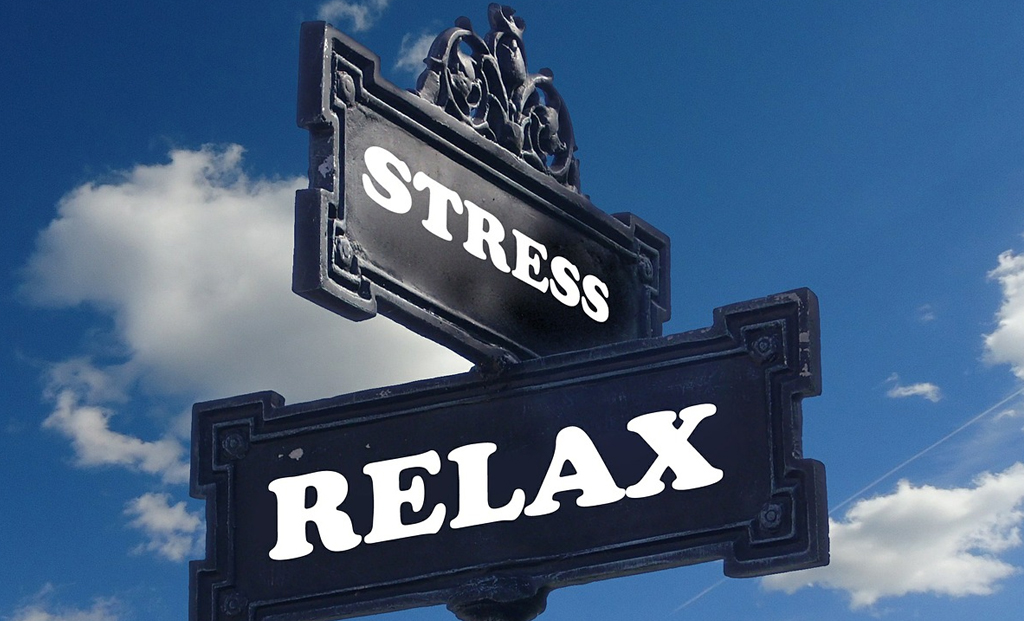Identifying and Addressing Stressors
Author -Tanaya Choudhury – Happiest Health
Tackling Manic Weekday Stress
Manic Mondays and weekday stress can take a toll on our mental well-being. From work-related pressures to personal challenges, it’s crucial to identify and address the stressors in our lives. By doing so, we can regain control and create a healthier work-life balance.
One effective strategy for dealing with stressors is setting boundaries. For instance, if you have an intimidating colleague, try to limit interactions with them and focus on your work. Additionally, planning your tasks and communicating any challenges with your supervisor can help alleviate stress related to deadlines. Dr. Lav Kaushik, a consultant psychiatrist, suggests keeping a journal to acknowledge both positive and negative experiences, questioning things you dislike, making checklists, and discussing your concerns with a therapist, friend, or family member.
Taking Time to Recharge and Relax
Finding moments to recharge and relax amidst a hectic work schedule is essential for our mental well-being. Simple activities like taking short walks, listening to music, doodling, or watching something humorous can significantly improve our mood. Engaging in meditation, breathing exercises, or practicing mindfulness can also help us stay calm and focused.
Raj Das, a sales executive, shares his experience of dealing with work-related exhaustion. He emphasizes the importance of disconnecting from electronic devices and taking short walks to nearby parks to feel refreshed. When work becomes overwhelming, he uses a meditation app on his phone to destress.
Balancing Personal and Work Life
Maintaining a healthy work-life balance is key to managing stress effectively. Establishing a strict schedule and creating checklists can enhance organization and productivity. Setting clear boundaries is crucial; avoid engaging in work-related activities outside of office hours. This separation allows you to dedicate quality time to your personal life and unwind with your loved ones.
JR Barman, a propaganda officer, learned the importance of work-life balance the hard way. She shares how her commitment to answering every phone call after hours took a toll on her well-being. Barman advises keeping work-related matters at the workplace and prioritizing personal time to reduce stress.
Time Management and Seeking Counseling
Managing time efficiently is vital to combating stress. Procrastination can be a significant barrier to meeting deadlines. Developing effective time management strategies, implementing organizational systems, and prioritizing tasks can help alleviate time-related stressors. Utilizing commuting time to make important calls or catch up on work-related documents can also maximize productivity.
Additionally, seeking counseling can provide valuable support. Richa Tilak, a teacher, sought professional help to manage her increasing workload. Regular discussions with a psychologist allowed her to better understand and address her stressors. Seeking counseling is not only beneficial during difficult times but also for personal growth and self-improvement.
By incorporating these tips into your daily routine, you can effectively manage weekday stress and prioritize your mental health. Remember, taking care of yourself is essential for leading a happier and more fulfilled life.











